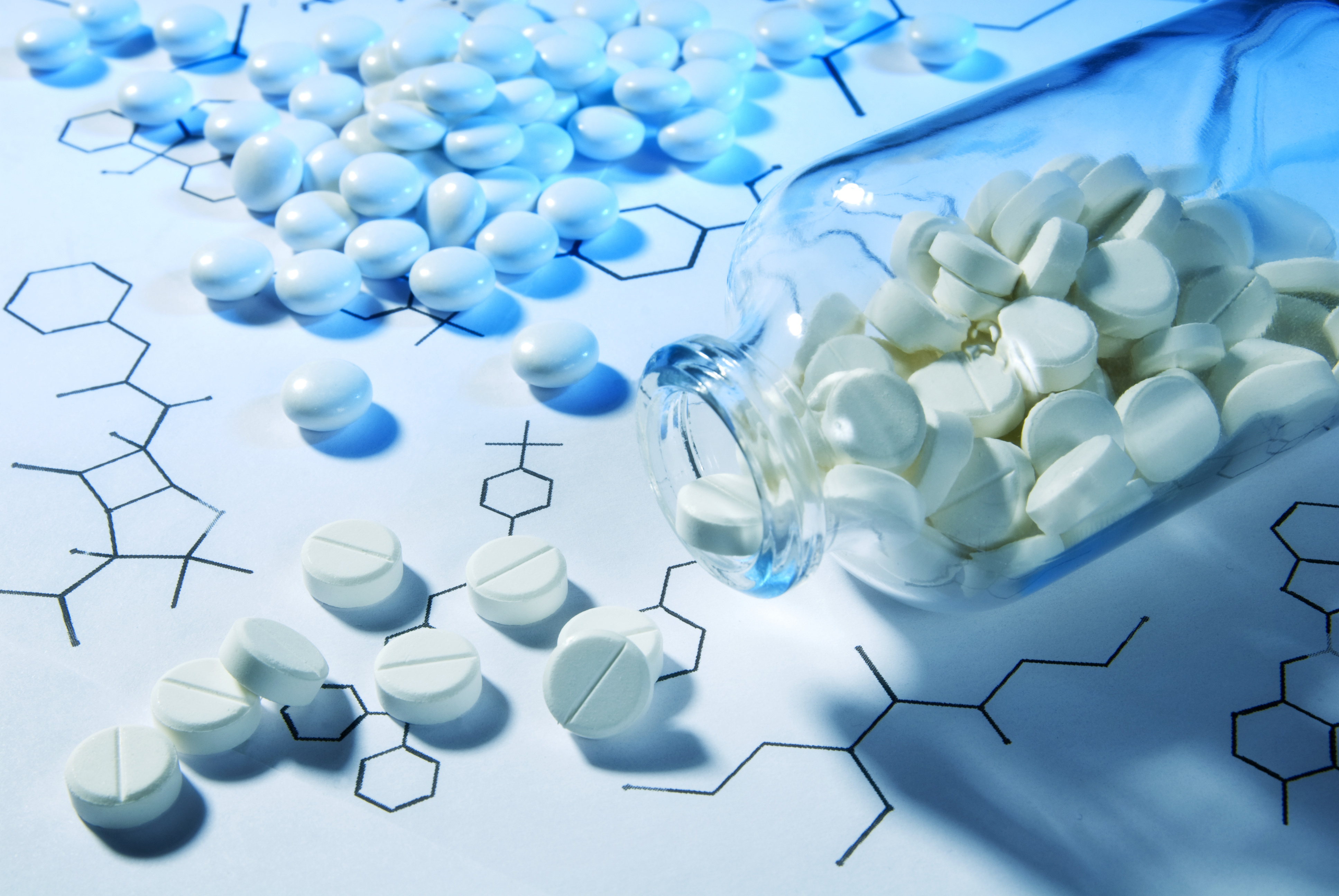Insmed Incorporated, a biopharmaceutical company focused on rare diseases, disclosed a licensing agreement with AstraZeneca for global exclusive rights to AZD7986, a new oral, reversible inhibitor of dipeptidyl peptidase I (DPP1, aka cathepsin C). This collaboration is seen as a significant step toward dealing with rare, incurable pulmonary diseases like non-cystic fibrosis bronchiectasis (non-CF bronchiectasis), a neutrophil-driven disorder stemming from chronic inflammation and infection, and leading to irreversible bronchi dilation.
“We are pleased to be working with Insmed on this program from our early stage respiratory portfolio, which represents a novel approach to treating bronchiectasis,” said Maarten Kraan, head of the Respiratory and Inflammation Innovative Medicines Unit at AstraZeneca, in a press release. “Insmed has the expertise and experience required to take AZD7986 forward in this important indication and bring about results that we hope will benefit patients in the future,” he said.
DPP1 works by activating a set of enzymes, called neutrophil serine proteases (NSPs), which are involved in the development of illnesses affecting the lungs. AZD7986 blocks DPP1, so it can be used to manipulate NSPs and perhaps derail lung disease-related pathways.
Following a name change from AZD7986 to INS1007, Insmed is planning to put the inhibitor to good use by focusing on non-CF bronchiectasis, which has a global prevalence of 2 million, with more than 110,000 patients in the U.S. waiting for a cure.
As reported in a pre-clinical analysis, AZD7986 was shown to effectively and reversibly inhibit DPP1 and, consequently, block the activation of NSPs within maturing neutrophils. Insmed plans to begin a phase 2 study in non-CF bronchiectasis patients in 2017.
Tackling bronchiectasis is of particular importance because this condition boosts one’s susceptibility to nontuberculous mycobacterial (NTM) lung disease, which is a rare, chronic, potentially fatal, lung-damaging infection. In fact, it is estimated that up to 50% of people with bronchiectasis might be in the middle of an active NTM infection.
Insmed, which has concluded a phase 2 study with a drug called Arikayce (liposomal amikacin for inhalation) for the treatment of chronic Pseudomonas aeruginosa infection in non-CF bronchiectasis, is now pursuing a global phase 3 clinical trial of Arikayce in NTM lung disease.
“With this transaction we have added a highly complementary therapy that aligns perfectly with our established expertise in rare pulmonary diseases,” said Will Lewis, president and chief executive officer of Insmed. “Because NTM lung disease and bronchiectasis often co-exist, we can readily leverage our existing relationships with physician experts around the world who are eagerly awaiting new treatment options,” he said. “We continue to expect patient enrollment in our phase 3 study of Arikayce to conclude later this year and to report top line data in 2017. We expect that when approved, Arikayce and INS1007 will allow us to provide great value to the patients who are living with NTM lung disease and bronchiectasis, as well as the physicians who treat them.”
According to the agreement, Insmed will pay AstraZeneca $30 million upfront, in addition to tiered royalties. AstraZeneca will be eligible to receive additional future payments up to $120 million in subsequent clinical breakthroughs and sales-related landmarks, and retains the ability to opt for commercialization of AZD7986/INS1007 in chronic obstructive pulmonary disease (COPD) and asthma.

